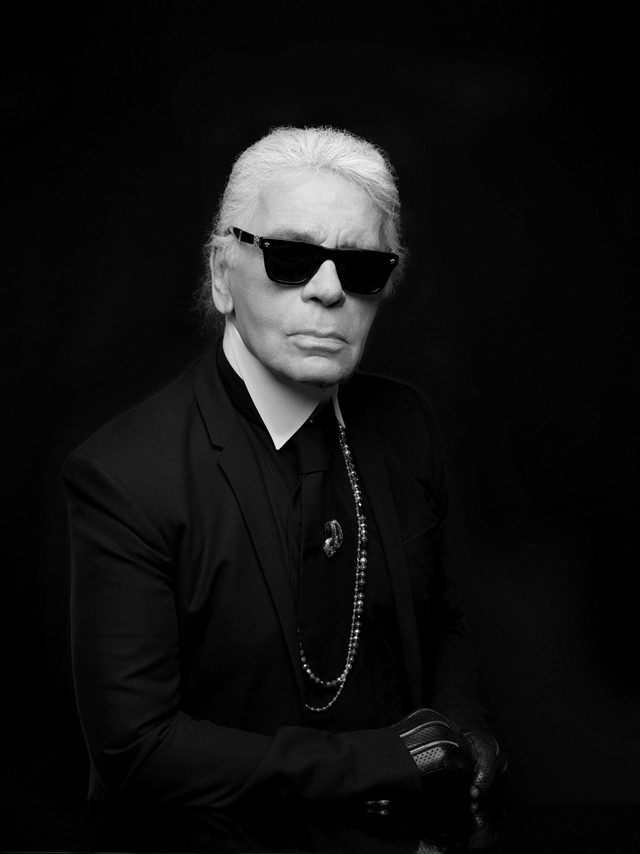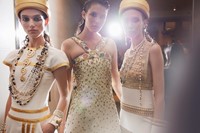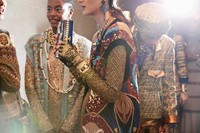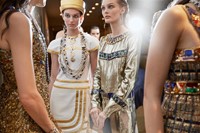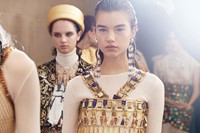On the sad news of his passing, Alexander Fury remembers the first truly modern fashion designer
The fashion designer Karl Lagerfeld passed this morning in Paris. And Lagerfeld was indeed the fashion designer, redefining the term for contemporary times with boundless creativity, fierce intellect, humour, and above all protean talent. Lagerfeld’s style cannot be easily summarised – it moved with the moment, ever-reinvented, ever-renewing, like fashion itself.
Lagerfeld’s polymath skills allowed him to shift seamlessly between different design identities. That was evident since he first came to Paris as a student in the 1950s, working first with Pierre Balmain and then a string of other couture houses, producing designs that never repeated. He collaborated with the French fashion house Chloé, helping to establish the idea of high fashion ready-to-wear in the late Sixties and early Seventies – a notion that now forms the bedrock of the industry. Lagerfeld anarchically pulled apart traditions, disrespecting the past to evolve: at Chloé, he challenged the supremacy of haute couture as creative arbiter; at Fendi, where he was creative director of womenswear since 1965, he inverted the symbolic status of fur, making it fun.
Despite his personal celebrity, and that back catalogue, Lagerfeld is undoubtedly best-known as artistic director of the house of Chanel, which he has helmed since 1982, building it to a behemoth that dominates the industry, a reflection of the enormity of his own skills. Lagerfeld’s collections there not only reimagined the aesthetics of one of the twentieth century’s most enduring style icons – the tweed suits, the two-tone shoes, the quilted bags and Gabrielle Chanel herself – but forged a blueprint for fashion’s revitalisation of heritage names ever since. Given the importance of those houses to the modern fashion landscape, it wouldn’t be be incorrect to suggest that Karl Lagerfeld invented fashion as we know it.
Lagerfeld’s final collection for Chanel was January’s Spring/Summer 2019 haute couture show, which was unveiled in Paris this January, within an elaborate set resembling a Mediterranean villa – a romantic, idyllic vision, staged in the Grand Palais while snow fell outside. It summarised Lagerfeld’s unmatched, near-unimaginable ability to create worlds, to counter reality with fantasy, to make people dream.
Rather than one of the last great couturiers, Lagerfeld should be remembered as a first – the first truly modern fashion designer, an instigator, an inventor. Lagerfeld has left an indelible impact on fashion. He forged its form. He pushed it forwards. It continues now without him, but nonetheless will always be shaped by his vision.
